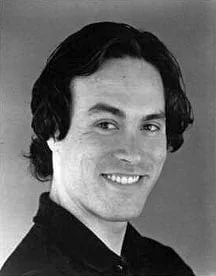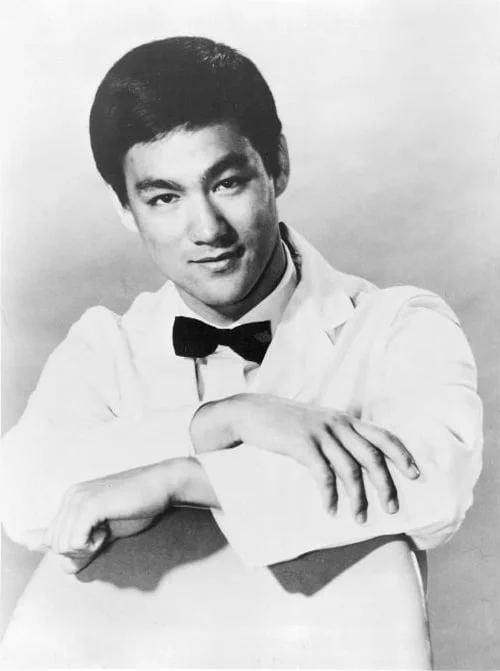Real Celebrities Never Die!
OR
Search For Past Celebrities Whose Birthday You Share

source:wikipedia.org
Morihei Ueshiba
Birthday:
14 Dec, 1883
Date of Death:
26 Apr, 1969
Cause of death:
Liver cancer
Nationality:
Japanese
Famous As:
Martial artist
Age at the time of death:
85
Morihei Ueshiba's Quote's
Early Life and Childhood
Born on December 14, 1883, in Tanabe, Japan, Morihei Ueshiba wasn’t destined for an ordinary life. He possessed a remarkable physical prowess and an unwavering spirit, qualities that would lead him to revolutionize the martial arts world and create a unique philosophy of non-violence. Ueshiba’s life journey is a saga of dedication, transformation, and the creation of Aikido, a martial art that emphasizes harmony and redirection over aggression and force.
Challenges and Resilience
Ueshiba’s childhood was shaped by both hardship and resilience. He faced the loss of his mother at a young age and experienced the harsh realities of rural life. Despite these challenges, his natural athleticism shone through, and he excelled in traditional martial arts like jujutsu and sumo wrestling.
The Quest for Deeper Understanding
Morihei Ueshiba, however, wasn’t content with mastering existing techniques. He yearned for a deeper understanding of combat and sought to unlock the true essence of martial arts. This quest led him to study various other disciplines, including swordsmanship and kenjutsu. Despite achieving remarkable skills, Ueshiba remained dissatisfied, searching for a martial art that transcended mere physical prowess.
Meeting Takeda Sokaku
A pivotal moment arrived in 1925 when Ueshiba encountered Takeda Sokaku, a master of Daito-ryu jujutsu. Under Takeda’s tutelage, Ueshiba reached a new level of understanding, experiencing a spiritual awakening that transformed his approach to martial arts. He began to perceive combat not as a struggle for dominance but as a dance of harmonizing with an opponent’s energy.
The Birth of Aikido
This revelation led to the birth of Aikido, a martial art that emphasized redirecting an attacker’s force rather than directly confronting it. Aikido techniques relied on throws, joint locks, and pins, utilizing an opponent’s momentum to subdue them while minimizing harm. It was a radical departure from traditional martial arts, emphasizing non-violence, compassion, and spiritual development.
Spreading the Teachings of Aikido
Morihei Ueshiba dedicated the rest of his life to spreading the teachings of Aikido. He traveled extensively, demonstrating his art and captivating audiences with his seemingly effortless mastery. However, his unconventional approach also drew criticism from traditional martial artists who perceived Aikido’s lack of aggression as weakness. Despite these challenges, Ueshiba persevered, attracting dedicated students and establishing Aikido as a legitimate and respected martial art.
Legacy and Influence
Ueshiba’s legacy extends far beyond the realm of martial arts. He is revered as a spiritual leader and a philosopher who championed peace and harmony. His teachings have influenced various disciplines, from dance and martial arts to conflict resolution and personal development. Aikido continues to flourish today, practiced by millions worldwide who find not just self-defense techniques but also a path to self-improvement and inner peace.
Passing and Enduring Legacy
Morihei Ueshiba passed away on April 26, 1969, at the age of 85. His legacy, however, lives on through the practitioners of Aikido and the ongoing influence of his martial philosophy.
Conclusion
Morihei Ueshiba’s story is a testament to the power of transformation and the enduring human quest for a way of life that transcends violence and embraces harmony. His legacy lives on in the graceful movements of Aikido practitioners, serving as a beacon of peace and hope in a world that often seems consumed by conflict.
Name:
Morihei Ueshiba
Popular Name:
Morihei Ueshiba
Gender:
Male
Cause of Death:
Liver cancer
Spouse:
Place of Birth:
Tanabe, Wakayama, Japan
Place of Death:
Shinjuku, Tokyo, Japan
Occupation / Profession:
Personality Type
Advocate: Quiet and mystical, yet very inspiring and tireless idealists. He was willing to do hard work to reach his ideals and because of that he could develop an original system of martial art.
Ueshiba's life and teachings are captured in various documentaries and books, including "The Aikido Master" by John Stevens and "The Unfettered Mind" by Kisshomaru Ueshiba, his son and successor as Aikido's headmaster.
He was also bestowed as a Sacred National Treasure of Japan by the Japanese government
He was the founder of Aikido
In 1922 he received his kyoju dairi certificate, or teaching license, and a Shinkageryu sword transmission scroll from Takeda
In 1960 he received the Shijuhosho, an honorable award of achievement from the Emperor Hirohito
In 1969 he received the Seigoi Gunsantou Zuiho medal (Orders of the Sacred Treasure)


